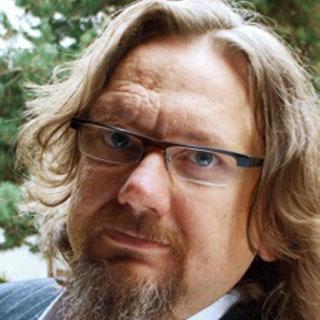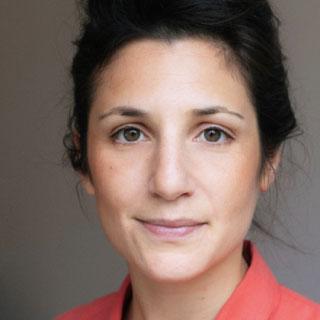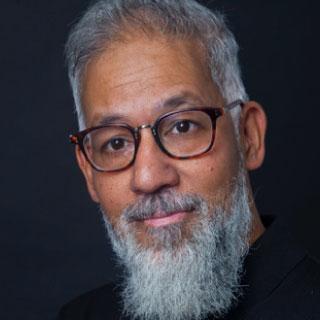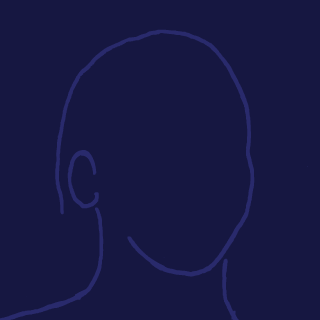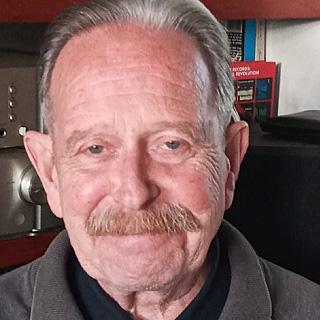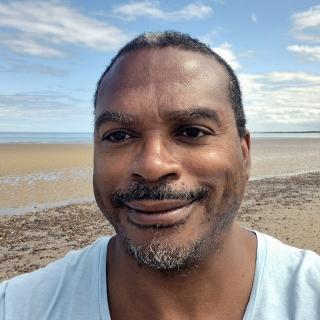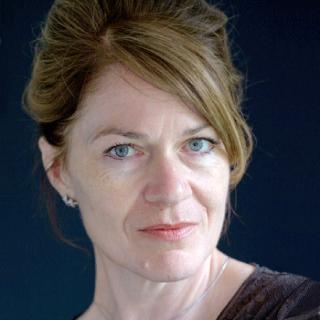Psychoanalytic psychotherapy refers to psychotherapy that is rooted in the ideas of psychoanalysis.
In its widest context psychoanalysis comes in many forms, but at its centre is the understanding that we unconsciously internalised our early life experience and use that internal map to understand the world as we grow older. Psychoanalysis, and psychoanalytic psychotherapy offer the opportunity, through the work with a psychotherapist, to come to know how these experiences inform our life today and create the possibility for change, if desired.
Work with the psychoanalytic psychotherapist could involve work with dreams, our current experience, memories of our past, and our desires. It is a conversation, however the discussion primarily focuses on the experience of the client/patient. Some work may take place on the couch, which offers greater opportunity for the focus on unconscious experience. Also it is possible you might wish to come more than once a week.
What is psychoanalytic psychotherapy?
Psychoanalytic psychotherapy refers to the variety of theoretical and clinical approaches which have evolved in the tradition of thought inaugurated by Sigmund Freud.
At its most basic level psychoanalysis holds that the human subject is a divided one, in the sense that there always coexist in our minds both conscious and unconsious thoughts and wishes, demands, fantasies and intentions. Conscious and unconscious ideas are often at odds with each other, a fact which has a number of consequences. We cannot take ourselves for granted, neither in terms of ‘knowing ourselves’ nor as far as having full agency over our thought processes, our motivations or our actions. We may find ourselves suffering in ways which we do not understand and act in ways which do not accord with the ideas and ideals we claim to uphold. We are not, as Freud put it, ‘masters in our own house’.
The fact that parts of our own mental life are inaccessibe to conscious thought is understood to be a result of our early history, or, to put it another way, our first love (and hate) relations. Psychoanalysis seeks to explore how the symptoms and the suffering of the present are connected to the way our own particular life history has shaped how we understand ourselves and our relations with others. The main vehicle for this often long and detailed exploration is the transference to the therapist, that is, the relationship to the one from whom help is sought and which is often imbued with intense conscious and unconscious meaning and feeling. The investigation of one’s very individual way of being in the world proceeds in the light of the transference relationship and can provide much insight into how we came to be who we think we are. At the same time, and perhaps more importantly, it provides an opportunity to re-orient oneself in relation to an important other, to express something that hitherto could not be said and maybe hear something in return that strikes one as radically new. Fundamentally, this is a process of (re)discovery relating to one’s own desire and to the anxieties desire gives rise to. This can lead to a re-orientation of oneself in one’s dealings with the world and quite possibly an increase in creativity, a more multi-faceted experience of life and, in many cases, a reduction in suffering.
It has to be stressed, however, that ‘positive outcomes’ cannot be predicted in advance, let alone guaranteed. Due to the fact that the characteristics and the life experiences of the patient are highly individual, the analytic process too is very particularised. Furthermore, the work takes place in an arena where the relationship between two people is the central element. This fact alone introduces so many variables that any notions of standardised processes and predictability of results becomes inapplicable to our work, whether we think this is a loss or not.
Similiary, analytic work is done in large part by the patient; its starting point is the appeal by the patient for help and the patient’s motivation and willingness to make the work 'work' are central to its outcome. This is not an apology for the shortcomings of the therapist, but a statement of a sine qua non of this type of work. The complexity and, indeed, the division of the person’s motivations entail that the wish of the patient to gain insight, to move in a new direction, and even to ‘get better’ cannot be taken for granted. The analytic concept of resistance recognises the central place in our lives of the passion we all are capable of displaying for suffering, ignorance and destruction.
In what ways does psychoanalytic psychotherapy differ from other therapies?
Psychoanalytic work differs from many other therapies in three main ways:
- The place of knowledge
- The position of the analyst vis-a-vis the ‘complaint’ of the patient
- The consequences regarding the framework in which the work takes place
Whilst psychoanalytic therapists may know a great deal about a number of things, amongst them, of course, psychoanalysis and aspects of psychology, the place this type of knowledge plays in the actual clinical process is very limited. For instance, the analyst has a fair understanding of ‘how the unconscious works’ but, to begin with, no idea whatsoever as to what is ‘in’ the patient’s unconscious mind. He or she may know a lot about ‘human development’ but nothing about this particular patient’s early history. Furthermore, whilst ideas about ‘mental health’ abound, the analyst refrains from assuming to know what it is good for the patient to do, to think, to feel, to believe in, etcetera. Having undergone a prolonged period of self-exploration and self-questioning (personal analysis being a training requirement which sets psychoanalysis fundamentally apart from the therapies which are branches of psychology), they are likely to have acquired a deep appreciation that to live a life as a sentient human being is an endeavour of considerable complexity. Who would want to claim to be an expert in living life, one’s own life, let alone anyone else’s? In contradistinction to other therapies which are in the ascendency today.
